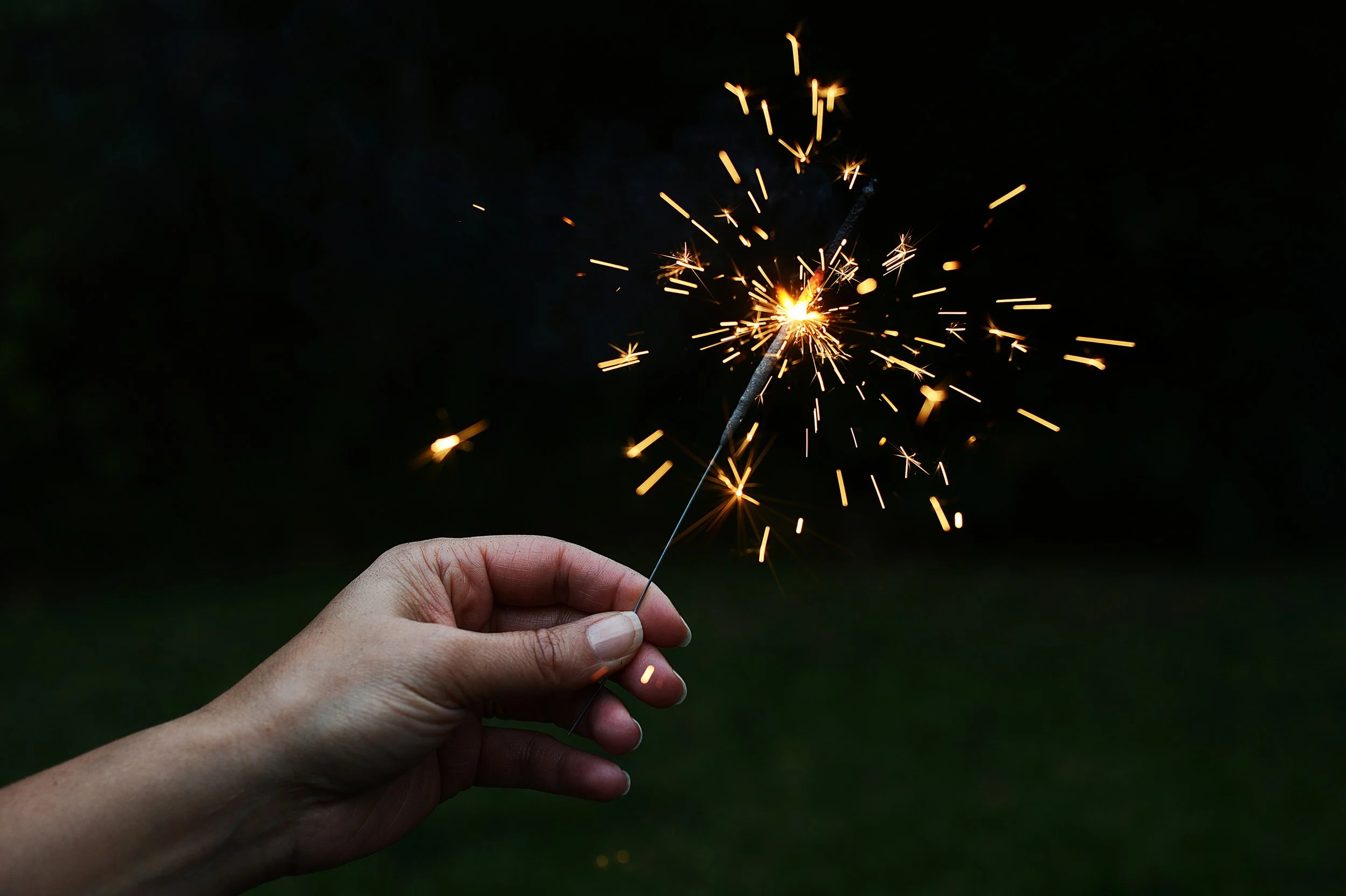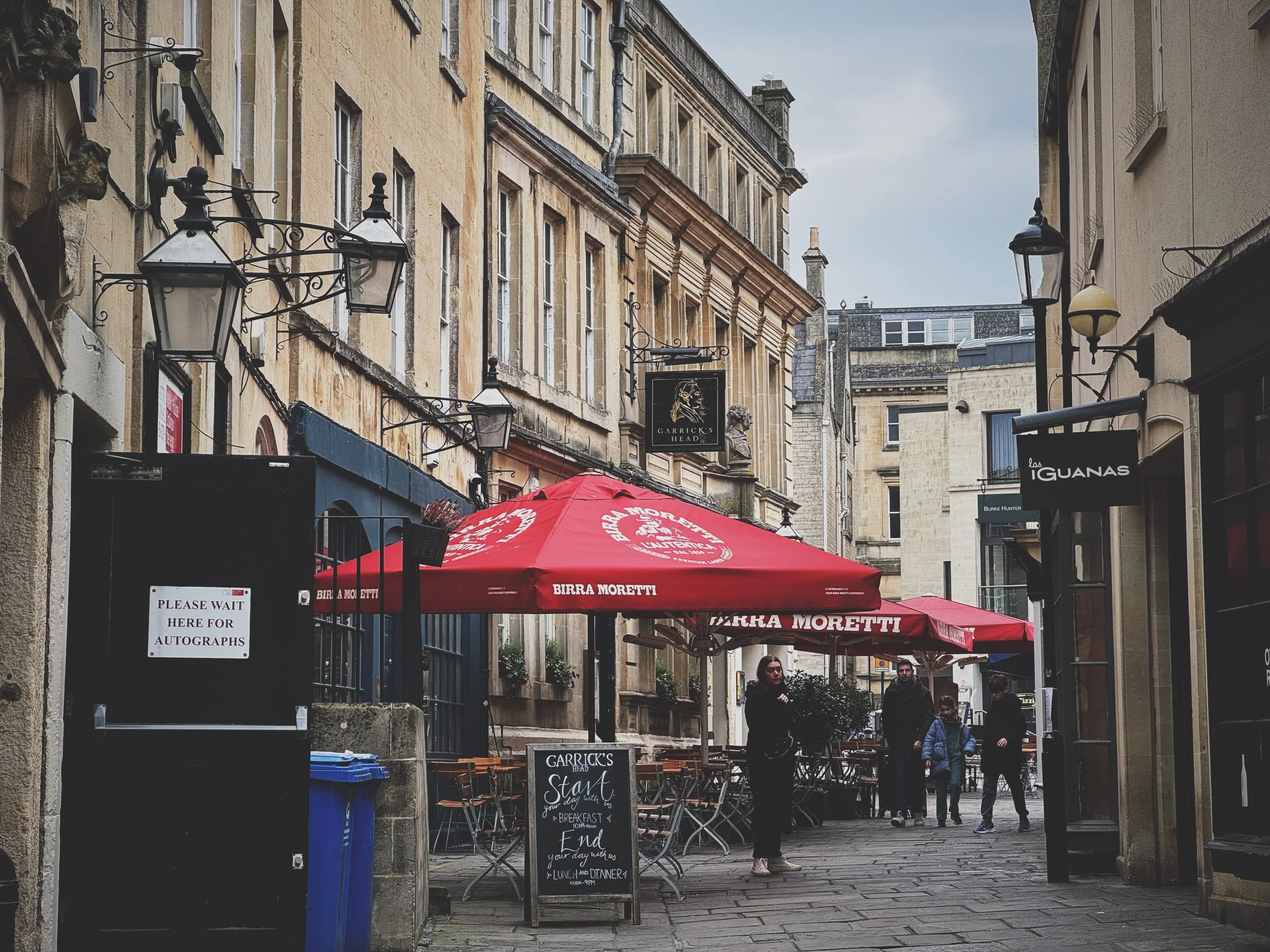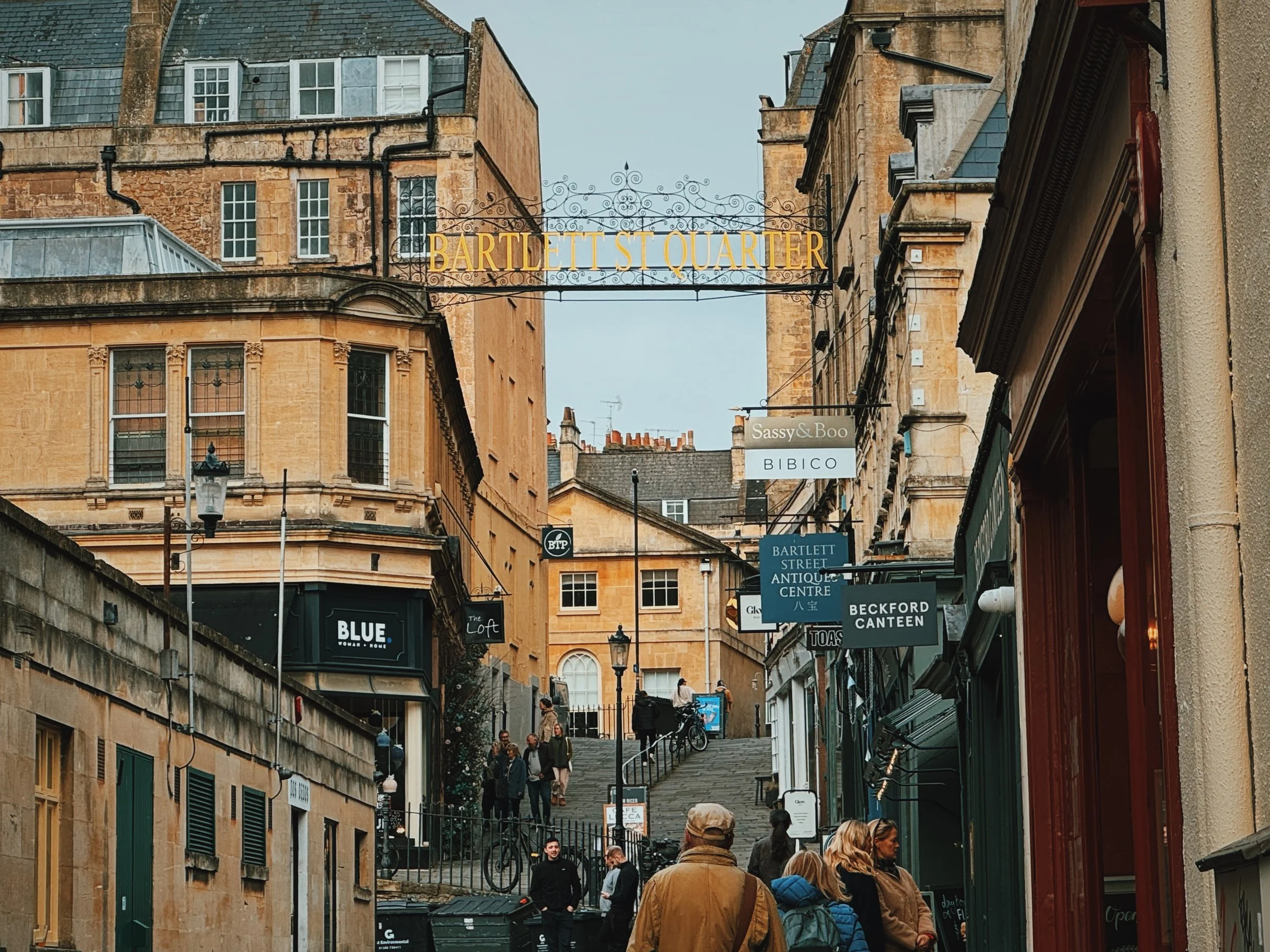a quick primer for handling overwhelm
Confession: there’s very little I dislike more than when folks complain about how challenging life is. I mean, life is always challenging, amiright? There’s always a headline in the news that’s astonishing or enraging, and it’s been that way since the beginning of time. Why are people shocked? How does complaining about it help?
Okay, now that I’ve got that out of the way …
… dear God, but this year is bananas, isn’t it? From fires consuming Los Angeles to authoritarianism and cruelty consuming Washington (to say nothing about the crazy going on outside of the United States), the five-alarm emergencies have been unrelenting. It’s all I can do to keep from screaming into the void.
And yet, eventually, we have to uncurl ourselves from fetal position, and actually do something. Admittedly, there’s no doubt that what needs to be done feels absolutely overwhelming. And that overwhelm can have us believe that anything we try would ultimately be ineffective. But that just isn’t true, my friends.
Everything we do counts.
Everything we do counts.
And so, if you find yourself spinning, wondering what more you can do beyond donating to a cause or contacting your government representative, here’s a little primer to get you started:
Think locally. Even more locally than that. The thing about the firehose amount of news that’s coming at us every day is that what we’re hearing is generally about the entire nation or the entire world — and that’s why it might feel so overwhelming. So instead of considering what might need to be done to fix the whole country, take the advice of my friend, Jane Mosbacher Morris. Jane is the founder and CEO of TO THE MARKET, a socially-inspired enterprise aimed at the economic empowerment of women around the world. When I interviewed her for my book The Lightmaker’s Manifesto, she said:
“I think it’s very easy to get into what I call a despair spiral, or analysis paralysis, when trying to figure out how to tackle a problem. When this happens, I focus on the three circles that I’m in the middle of, concentric circles that surround me. The first, smallest circle represents what I can control. The second, larger circle that encloses the first circle is what I can influence. Then the third, largest circle is everything else. So for me, focusing first on what I can control and influence is a helpful mindset.”
This is so smart: because the truth is that anything we do right now will likely not have an impact on the decisions of world leaders in the immediate future. But what about what we can do to help our friends? Our immediate community? For example, do you have friends or family members or colleagues who are being affected by the policies coming out of the government right now — people you could reach out to and ask what support looks like? Instead of worrying about tasks you can do that have global impact, think first of what you can do that can have an impact on the people immediately around you. This activism counts, too.
Consider what you want to be activated around, and don’t get distracted. Between climate catastrophes and humanitarian crises, the barrage of bad news can make you feel guilty if you’re spending time addressing one injustice, and very little time on another. Do not fall into this trap: pick the cause that most calls to you, and trust that other people feel called to address other causes — there are enough problems in the world to go around to all the activists. Better to work on the cause you’re called to address with your full ass, rather than half-assing several causes.
For example: I care about the health of the environment, and food insecurity, and poverty, but I really, really really care about fighting discrimination and bigotry. So I tend to focus most of my energy on those issues. Now, obviously, occasionally the other issues — environmental concerns, food insecurity, poverty — overlap with the issues I care about, and when that happens, certainly I’ll get involved. But I’m also not going to beat myself up if other issues arise that aren’t related to discrimination and bigotry, and I don’t get involved. I will just trust that somewhere, there’s an activist who is focused on those issues, leaving me to focus on mine.
Think about what you love to do or what you’re really good at, and then figure out how to do those things — in service. One of the things about the word “activist” is that everyone has a very limited idea of what an activist is — they believe it’s all about marching, or getting set on by police dogs, or getting arrested (or worse). I like to define an activist as anyone who is drawn to purposeful action in the hope of making the world brighter for others. This means that activism can look different for everyone. And the best way to avoid burnout is to do whatever it is you already love to do, and figure out how to do it to make the world brighter. So, are you a person who loves to throw cocktail parties? Maybe you should start thinking about throwing cocktail parties that also include speakers who are knowledgeable about your cause, and invite guests to help raise awareness for that cause. Do you love some sort of craft? Maybe you could host workshops where you teach that craft, and the proceeds (or products!) help those who need help in your community. By doing what you already love, you’ll help stave off burnout — and besides, what better way to make light than by being of service while you have fun?
If you build it, they will come. Maybe, even after everything I’ve said here, you think that these actions feel too small. That’s okay. In my experience, just simply taking that first step opens yourself up to possibilities that can have even more impact: you’ll find a community of like-minded folks who want to collaborate with you, say. Or you discover new and bigger ways to advocate, once word gets out about what you’re doing. In other words, don’t worry about the size of your activism: simply take a step in your activist direction, and remain curious and open to what results.
Self-compassion, self-compassion, self-compassion. I’ve said it before, and I’ll say it again: having a strong cadence of self-compassion is the only way to build longevity into the work. So take care of yourself. Rest. Hydrate. Commit to not looking at the news until after noon. Shut down your computer at 6pm. Connect with people you love on a regular basis. Move your body. Be kind to yourself. Self-compassion is a PILLAR of activism — it doesn’t work without your practicing self-kindness.
And that’s basically it! It sounds simple, but imagine: if a critical mass of folks did what I describe above, there’s no limit to what light might be made in the world. Of course, if you want to go deeper on any of these concepts, obviously The Lightmaker’s Manifesto is chock-full of the counsel of people who are wiser than I. But the upshot is:
We can do this.
Keep making light, beautiful people.




















don't forget to mark the milestones.